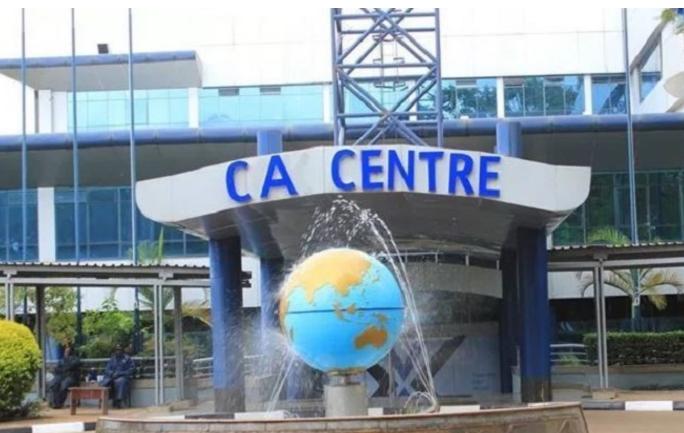The Communications Authority of Kenya (CAK) has strongly defended its regulatory actions following a damning exposé aired by NTV under the #SacredSwindle series, which uncovered rampant unlicensed gambling-related promotions by local broadcasters.
In a statement released on Monday, the CAK dismissed claims that it had been lax in addressing the issue, asserting that enforcement measures had already been underway prior to the investigation. The exposé raised alarm over consumer exploitation through gambling schemes disguised as prize competitions, often aired during peak hours by popular media outlets.
“The Authority had identified licensing violations by 33 broadcasters,” the statement read. “We issued Notices of Violation on March 13, 2025, to all parties involved in airing unlicensed gambling-related content.”
To further tighten regulatory compliance, the CAK issued a sector-wide advisory on April 23, 2025, instructing all broadcasters to cease gambling-related advertisements. This move was closely followed by a 30-day suspension directive issued by the Betting Control and Licensing Board (BCLB) on April 29.
On the same day, the CAK escalated its efforts by issuing suspension notices to non-compliant broadcasters. However, a subsequent review in mid-May revealed that some stations had continued to air the prohibited content in clear defiance of the law.
In response, the CAK invoked Section 83A of the Kenya Information and Communications Act, 1998, and imposed penalties of KSh 500,000 on eight broadcasters who had ignored the directive. These broadcasters were given 12 hours to halt all unauthorized gambling promotions or face further action, including potential license revocation.
“The Authority remains steadfast in promoting responsible broadcasting while protecting consumers,” the CAK said, while acknowledging the critical role investigative journalism plays in highlighting issues of public interest.
The revelations have intensified public debate on the vulnerability of Kenyan viewers, especially the youth, to unregulated gambling disguised as entertainment. With regulatory bodies now under heightened scrutiny, the public is calling for even more stringent monitoring and enforcement to safeguard citizens from predatory media practices.

